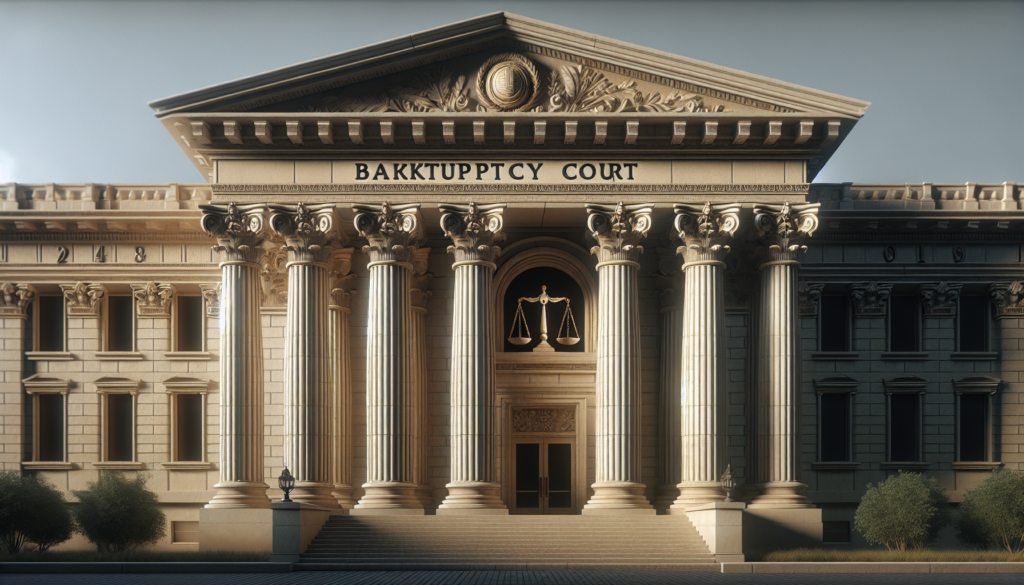
The bankruptcy court date, often referred to as the “341 meeting” or the “meeting of creditors,” is a mandatory part of the bankruptcy process for both Chapter 7 and Chapter 13 filings. This meeting is named after Section 341 of the Bankruptcy Code, which requires it. Despite its formal name, it’s not a traditional court hearing but rather a meeting conducted by the bankruptcy trustee assigned to your case. Here’s what you need to know about it:
Purpose of the 341 Meeting
- Debtor Verification: The trustee verifies your identity (you’ll need to bring a government-issued photo ID and proof of your Social Security number) and reviews the bankruptcy paperwork you filed to ensure its accuracy and completeness.
- Information Gathering: The trustee asks questions about your financial situation, assets, debts, and the information contained in your bankruptcy petition and schedules. This is to understand your case better and to ensure that all non-exempt assets are accounted for and that any potential fraud or abuse of the bankruptcy system is identified.
- Creditor Involvement: Creditors are notified of the meeting and have the right to attend and ask questions regarding your financial affairs and property. However, it’s relatively rare for creditors to show up unless they suspect fraud or have a significant claim against you.
What to Expect
- Location and Timing: The 341 meeting is usually held about a month after your bankruptcy petition is filed. It’s conducted in a meeting room, not a courtroom, and there’s no judge present. The trustee presides over the meeting.
- Duration: The meeting itself is typically brief, often lasting just a few minutes, assuming there are no complications or objections.
- Questions: You can expect the trustee to ask straightforward questions about your bankruptcy forms, assets, debts, and financial transactions. It’s crucial to answer honestly and completely.
Should You Be Worried?
- No, if You’re Prepared: There’s generally no need to be worried about the 341 meeting if you’ve been truthful in your bankruptcy paperwork and have fully disclosed your assets, income, and debts to your attorney. It’s a standard part of the bankruptcy process, and your bankruptcy attorney will prepare you for the types of questions you might be asked.
- Yes, if You’re Unprepared or Have Hidden Assets: If you’ve not been truthful or have attempted to hide assets, the 341 meeting could lead to significant problems, including the potential dismissal of your bankruptcy case or allegations of bankruptcy fraud.
Tips for the 341 Meeting
- Be Honest and Accurate: Ensure all your paperwork is truthful and complete before filing.
- Prepare: Review your bankruptcy petition and schedules with your attorney to refresh your memory of what you’ve filed.
- Bring Required Documents: Your attorney will inform you of the specific documents you need to bring, such as photo ID, Social Security card, recent bank statements, and tax returns.
- Listen and Answer Carefully: Listen to the questions asked and provide direct, truthful answers.
The 341 meeting is a necessary step in the bankruptcy process, designed to ensure the integrity of your filing. While it might seem intimidating, being well-prepared and honest makes it a straightforward procedure. Remember, your bankruptcy attorney is there to guide you through the process, so communicate openly with them about any concerns or questions you may have leading up to your court date.

Get a Free Bankruptcy Case Evaluation